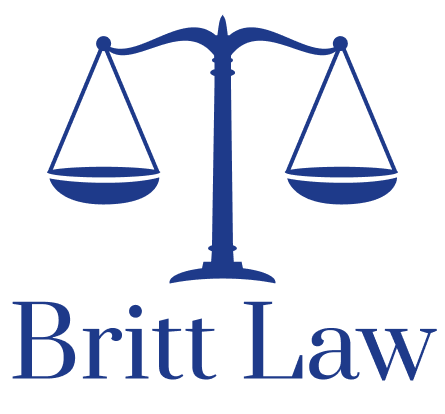Practice Areas
Judgment Enforcement
Judgment Enforcement in Denver, CO
Our team at Britt Law knows that winning a judgment in court is sometimes not even half the battle in collecting against a debtor. Courts do not operate as debt collectors in civil matters, so merely obtaining a judgment does not mean that a creditor will recover the money owed to them. In many cases, the judgement debtors are unwilling or unable to pay the judgment amount. Our attorneys use a variety of legal strategies to enforce these judgments and recover for our clients what is owed to them.
Judgment Enforcement Services:
Post-Judgment Discovery: gathering information about the judgment debtor's assets, income, and financial transactions through various legal procedures.
Liens - filing legal claims against the property of the judgment debtor. These can be used to prevent the debtor from selling or otherwise encumbering a property until the judgment against them is paid.
Garnishments - obtaining court orders directing third parties to withhold funds from the judgment debtor and pay them directly to the judgment creditor.
Seizure: obtaining court orders to direct the local sheriff to physically seize property held by the judgment debtor. This property can then be sold to satisfy the judgment obtained by the judgment creditor.
Important Considerations:
Statutes of Limitations: There are time limits for enforcing judgments, so it's important to act promptly.
Complex Legal Procedures: Judgment enforcement can involve intricate legal procedures and deadlines.
Judgment enforcement requires a deep understanding of both substantive and procedural law, as well as a keen eye for detail and a strategic approach.
Why Choose Britt Law LLC for Judgment Enforcement?
Britt Law’s judgment enforcement attorneys can help judgment creditors navigate this intricate process and help to maximize their chances of recovering on their judgment.
Don’t miss out on your chance to get paid what you are owed. Call now!

FAQ's

-
How can I enforce a judgment if the debtor refuses to pay?
Enforcing a judgment requires legal action to recover what is owed. Our attorneys can assist with post-judgment discovery to identify the debtor's assets, income, or financial holdings. Based on this information, we use tools like liens, garnishments, or property seizures to enforce the judgment and secure payment for you.
-
What happens if the debtor claims they cannot afford to pay the judgment?
Even if a debtor claims financial hardship, there are legal avenues to recover funds. We can explore options such as garnishing wages, intercepting funds from third parties, or filing liens against property they own. Our attorneys assess the debtor's financial situation and create a strategy tailored to your case.
-
Are there deadlines for enforcing a judgment?
Yes, judgments are subject to statutes of limitations, which vary by jurisdiction. Acting promptly is essential to preserve your rights. Our team ensures all legal deadlines are met and guides you through the complex procedures to maximize your recovery.
This is not intended to be used as legal advice, if you need assistance reach out to our team to discuss your case today or call (720) 336-0262
CONTACT
11990 Grant St Ste 550, Northglenn, CO 80233, United States

